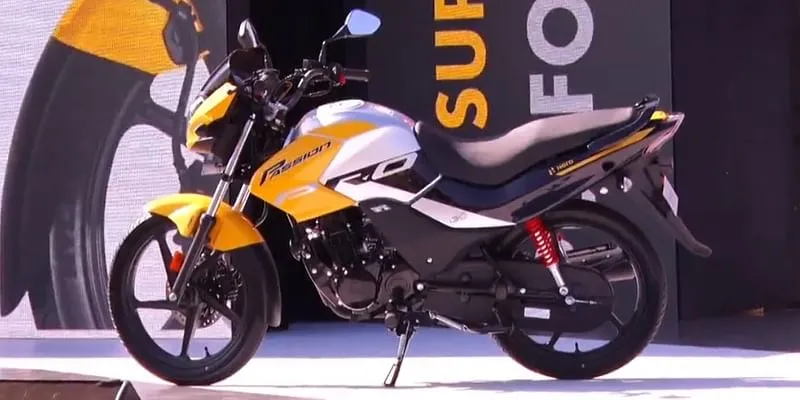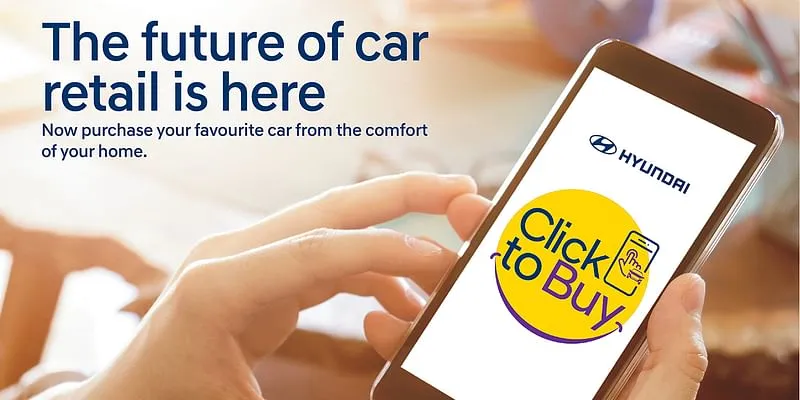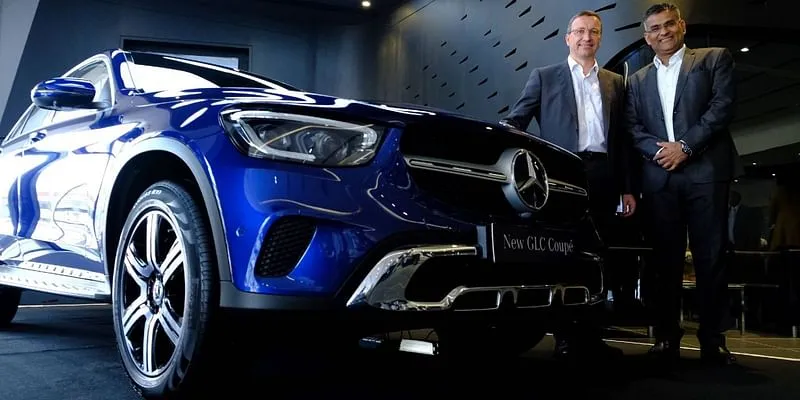Coronavirus, economic slowdown push Indian auto industry to sell vehicles online
The Indian auto industry is going through its worst-ever slowdown, and adding to the problem is the coronavirus pandemic. But can online retail be the way forward for the sector?
New car sales in India have always been ruled by traditional brick and mortar stores. To the average Indian customer, buying a car is often the second most expensive purchase in his/her life. Online sales of new cars in India, though at a nascent stage, remain a very underutilised option.
The coronavirus pandemic has led to a 21-day lockdown in India, resulting in the shut down of all automobile dealerships. While this closure may be temporary, but the majority of automobile manufacturers will be looking to cut costs in the short and medium-term. One such cost-cutting methods is to digitise the sales process.
Origins and scope
The online sale of vehicles is not exactly a new concept in India, although it is still at a very nascent stage. Two-wheeler makers like Hero MotoCorp, Suzuki, Mahindra two-wheelers, and TVS have tried the online path by collaborating with e-commerce platforms like and .
Hero’s association with Snapdeal began in November 2014, and within 10 months, it had sold three lakh units through Snapdeal’s website, amounting to a total value of Rs 1,500 crore. At the time, this was five percent of Hero MotoCorp’s annual sales.

The current crisis due to the COVID-19 pandemic has hit the Indian automobile industry amid a major crunch due to the overall macro-economic situation in India. While it may still be difficult to gauge the full scope of recovery, the coronavirus pandemic is sure to leave several feathers ruffled.
As per a recent report released by PricewaterhouseCoopers, in the best possible scenario, the Indian auto sector will recover by March 2021. A more realistic scenario will have us back to normal only by July 2021.
The research firm believes that the offline and lead generation model, which has been the modus operandi in the traditional method of selling cars and motorcycles, will be deeply impacted by the COVID-19 outbreak. It believes that manufacturers and dealers can take the lead to engage with prospective buyers through digital channels.
It added, “For the digital natives, a trend towards online sales may get accelerated in a post-COVID-19 environment.”
Present scenario
India’s largest two-wheeler maker Hero MotoCorp has been betting big on digital sales. It commenced doorstep delivery of its products in August 2019, starting initially in the cities of Mumbai, Bengaluru, and Noida. The company wants to increase this to 25 cities over the next few months in a phased manner, which will give Hero a first mover’s advantage.
Sanjay Bhan, Head of Sales, Aftersales, and Parts business at Hero MotoCorp said, “Our initiative will raise the bar for customer experience in the two-wheeler category. As the youth of today increasingly look for value-added services in every purchase they make, brands have to step-up their strategic thinking to stay ahead of the curve in a rapidly evolving market environment.”
The South Korean carmaker Hyundai has been one of the pioneers in digital sales among four-wheeler manufacturers. In January 2020, it commenced a pilot project Click to Buy in Delhi-NCR, as an additional sales channel for its dealerships. Earlier in April, it expanded this service across the country, including over 500 dealerships.
Hyundai’s platform is connected in real-time with all its dealerships across India for the convenience and need of new-age digital customers. It offers all models via its digital platform, including the likes of the new compact SUV Creta and the sedan Verna.

The platform offers a dedicated sales representative to assist during the process and also allows customers to pick the vehicle from the selected dealer or get their vehicle delivered to their doorstep.
Speaking to AutoStory, SS Kim, Managing Director and CEO of Hyundai Motor India, said, “Hyundai is a socially responsible brand and lifetime partner of its stakeholders. Keeping in mind the current situation, as well as the evolving times, Hyundai has developed an innovative retail model Click to Buy that offers customers the convenience of purchase and delivery of cars online.”
Homebred Tata Motors, as well, has introduced a contact-less sales platform that has integrated 750 of its dealerships. The company will also offer home delivery of vehicles at a later date.
Following suit
One of the newest entrants in the Indian market, MG Motor, has been quick to adapt. While operations are currently shut down due to the coronavirus-led lockdown, the carmaker was quick to introduce the ‘Disinfect and Deliver Programme’ to ensure car deliveries and test drive at home to customers under a complete sanitised process.
Gaurav Gupta, Chief Commercial Officer of MG Motor India, said, “It’s a human thing to look out for each other. We are committed to the safety and health of our customers, dealer partners, dealer staff, and employees. In times like these, ensuring the well-being of people that we care about becomes paramount. Safety being our topmost priority, through the Disinfect and Deliver Program, our focus is to sanitise throughout the value chain.”
Luxury car market
Digitisation in the luxury car segment started with Tata-owned Jaguar Land Rover, initiating its platform ‘Find me a Car’ and ‘Find me a SUV’ in February 2019. However, customers will have to go to a dealership to get the paperwork completed. Customers can select their vehicle from a variety of filters – model, variant, engine, price, colour, availability of vehicles during a specific period, and even offers.
JLR customers can choose to opt for a ready delivery vehicle or order one according to their requirement for delivery at a later date. Customers can also offer their existing vehicle for trade-in and get an estimated value.

India’s largest selling luxury carmaker Mercedes is not far behind. Answering an emailed query, a Mercedes spokesperson said, “At Mercedes Benz, we have been using e-commerce platform to support our growing tech-savvy, restless customers to book their three-pointed star online."
"The customers can visit our online store to book their car with a home delivery option. The platform is extremely user-friendly and makes booking a car online simple and hassle-free. It allows transparency of pricing and a large offer of available cars – ensuring complete online buying experience from the comfort of home. All the car buying formalities are assisted by the nearby Mercedes-Benz dealerships.”
German carmaker BMW also has a similar platform that facilitates customers during the booking process. However, its website does not confirm whether customers can get the vehicle without visiting the dealership or not.
Edited by Suman Singh








